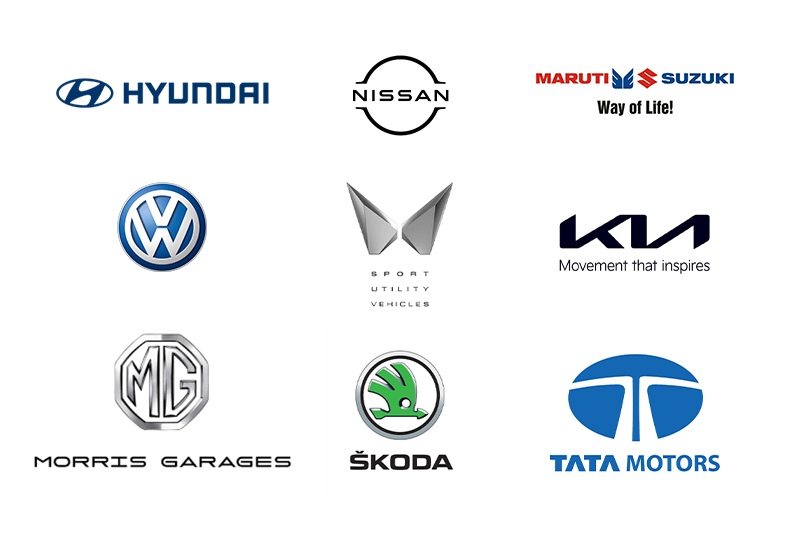November 2024 might not have matched the electrifying high of October, but India’s electric passenger vehicle (ePV) market still kept its wheels spinning. With 8,596 units sold, November marked a 14% year-on-year (YoY) growth, showcasing the resilience of India’s EV sector. The month wasn’t all smooth roads, but it set the stage for a record-breaking year, surpassing 2023's total EV sales in just 11 months. Let’s unpack what’s driving the charge forward—and who’s leading the race.
Tata Motors: The Longtime King Faces Heat
Tata Motors, the dominant player, saw its market share shrink from 68% in November 2023 to 49% this year. Despite selling 57,084 units between January and November, a modest 4% YoY growth, the competition is clearly catching up. Tata’s portfolio, which includes the Nexon EV and the recently launched Curvv EV, is still formidable. However, their November sales dropped to 4,196 units—a stark contrast to October’s 6,449 units. To counteract this slowdown, Tata is offering perks like free charging at over 5,500 Tata Power stations.
MG Motor: Rising Star with Big Moves
MG Motor, with its Windsor EV, has been stealing the spotlight. November was a record-breaking month for MG, with 3,126 units sold—up a staggering 227% YoY. Their Battery-as-a-Service (BaaS) model is a game-changer, making EV ownership more affordable by eliminating upfront battery costs. MG’s aggressive expansion into Tier 3 and Tier 4 cities is paying dividends, and with 17,614 units sold so far this year (up 107% YoY), the brand has clearly struck a chord with Indian buyers.
Maruti Suzuki: Keeping Pace with the Market
Maruti Suzuki, India’s largest carmaker, isn’t sitting idle. In November 2024, it dispatched 1.81 lakh units to dealerships, marking a 10.4% YoY growth. While their EV portfolio is still in its nascent stage, Maruti's robust performance in other segments hints at its potential to disrupt the EV market when their eVX electric SUV debuts in 2025. The company has also been expanding its exports, which surged by nearly 25% this November, indicating a strong push for global growth.
Toyota: Strong Growth and Big Plans
Toyota’s November sales surged by 44%, driven primarily by SUVs. The automaker’s strategy to lean heavily on hybrids and gradually transition into full EVs seems to be paying off. With the Creta EV and other electric models slated for 2025, Toyota is preparing to take a larger slice of the EV pie.
Luxury EVs: Small but Mighty
The luxury EV market is also buzzing, albeit on a smaller scale. BMW and Mercedes-Benz are leading the charge, with cumulative sales of 2,533 units in the first 11 months of 2024, up 12% YoY. Mercedes has made significant gains, surpassing BMW in November with 97 units sold, thanks to its expanding lineup and focus on premium EV experiences.
What Lies Ahead?
India’s EV landscape is at a turning point. Market leaders like Tata Motors are feeling the pressure from challengers like MG Motor, which are leveraging innovative strategies and new products to win over customers. Meanwhile, global giants like Toyota and Maruti are gearing up to bring their EV game to India, promising an even more competitive 2025.
While November 2024 may not have matched the record-breaking numbers of October, it still marked one of the strongest months for EV sales this year. With an expanding lineup of vehicles, more accessible price points, and increasing infrastructure support, the future of electric mobility in India looks brighter than ever.



.webp)

.jpg)